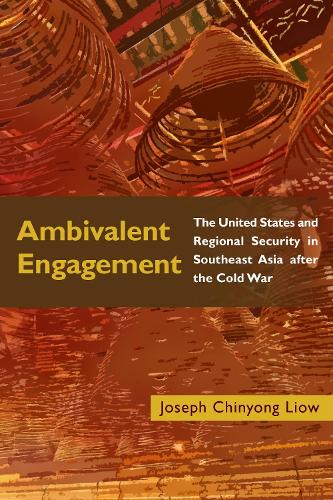
Ambivalent Engagement: The United States and Regional Security in Southeast Asia after the Cold War
(Paperback)
Available Formats
Publishing Details
Ambivalent Engagement: The United States and Regional Security in Southeast Asia after the Cold War
By (Author) Joseph Chinyong Liow
Bloomsbury Publishing PLC
Brookings Institution
25th August 2020
United States
Classifications
Professional and Scholarly
Non Fiction
Warfare and defence
Geopolitics
Military engineering
355.0330959
Physical Properties
Paperback
335
Width 151mm, Height 228mm, Spine 16mm
476g
Description
<div><p><B>The paradox of U.S. involvement in Southeast Asia</B></p><p>The Obama administration’s pivot-to-Asia policy establishes an important place for Southeast Asia in U.S. foreign policy. But Washington’s attention to the region has fluctuated dramatically, from the intense intervention of the cold war era to near neglect in more recent years. As a consequence, countries in Southeast Asia worry that the United States once again will become distracted by other problems and disengage from the region.</p><p>This book written by an astute observer of the region and U.S. policy casts light on the sources of these anxieties. A main consideration is that it still is not clear how Southeast Asia fits into U.S. strategy for Asia and the broader world. Is the region central to U.S. policymaking, or an afterthought</p><p><I>Ambivalent Engagement</I> highlights a dilemma that is becoming increasingly conspicuous and problematic. Southeast Asia continues to rely on the United States to play an active role in the region even though it is an external power. But the countries of Southeast Asia have very different views about precisely what role the United States should play. The consequences of this ambivalence will grow in importance with the expanding role of yet another outside power, China.</p></div>
Author Bio
<div><p><B>Joseph Chinyong Liow</B> is the inaugural holder of the Lee Kuan Yew Chair in Southeast Asia Studies and a former Senior Fellow at the Brookings Institution.</p></div>
